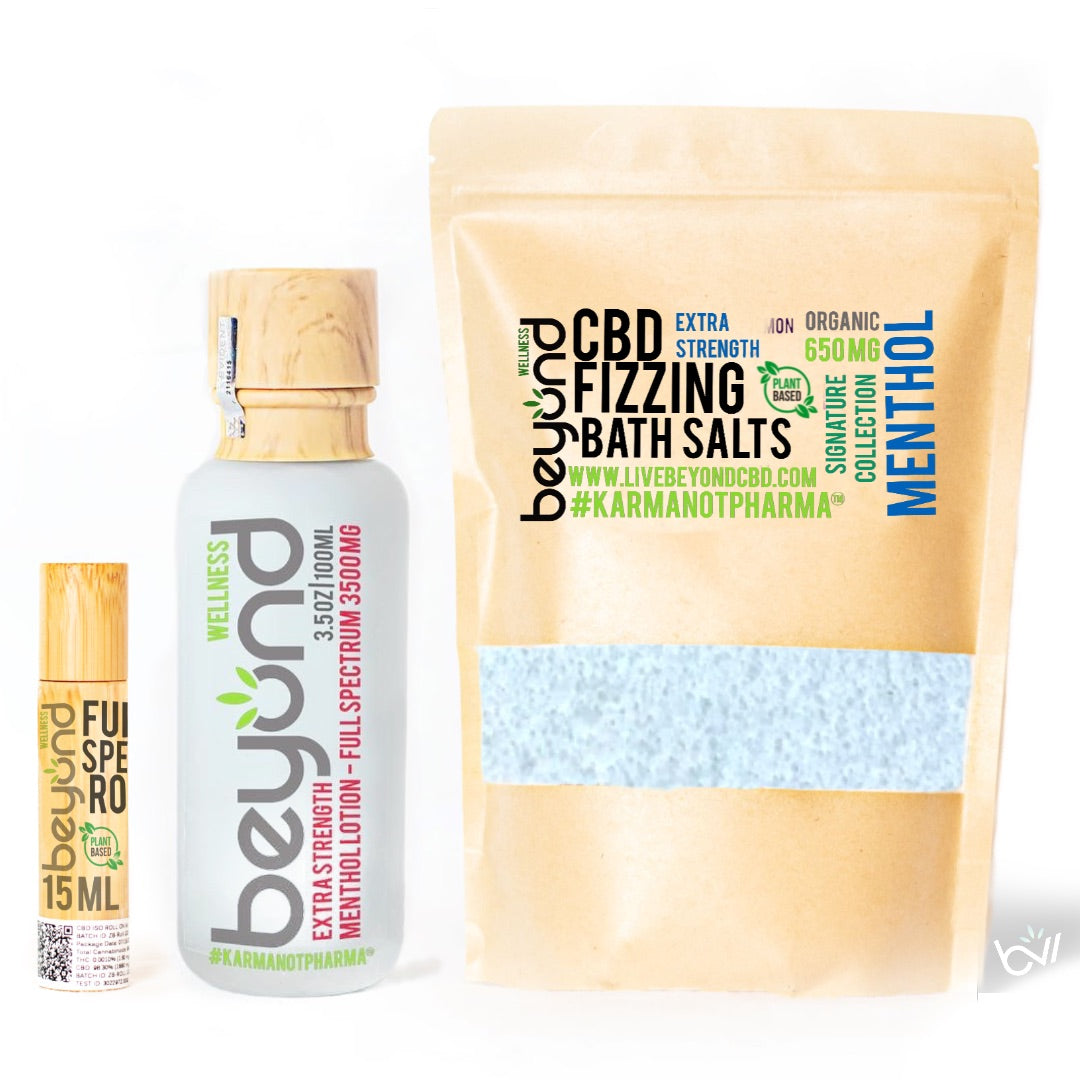Humble Hemp & Malicious Intent

Although cannabis has been given a bad rap since the controlled substances act of 1970 - Hemp hasn’t always been considered as a big bad schedule 1 drug. In fact, early Americans’ depended on hemp as a staple, and were compelled to grow it by penalty of law. Todays topic is the history and benefits of hemp, and embodies the idiom- if we cannot learn from the past- we are doomed to repeat it.
Hemp wasn't always banned, but bad press propagated by big industry took its toll.
In early America hemp products were prevalent, taking the form of paper, rope, and textiles. In the early 1900s, George Schlichten invented the Hemp Decorticator, which was predicted to revolutionize the hemp industry by streamlining the harvesting process.
But as evidenced many times in our history this invention was snuffed out, eclipsed by the machinations of big industry and negative propaganda.
W.R Hearst fabricated stories in his privately owned newspapers about a new drug called “marihuana,” which was “causing blacks and Mexicans to rape and kill white women.” <sic>It is interesting to note that before these preposterous articles were published, marijuana was never used as a slang for cannabis.
Before his articles, Hearst intentionally did this to demonize the humble hemp plant with a new name. His underhanded attack on humble hemp was an altogether altruistic attempt to frame hemp as the big bad schedule 1 drug that eventually became its pigeonhole.
You may ask yourself why W.R Hearst wanted to demonize cannabis and its family of plants- his ownership of the largest newspaper company at the time, and subsequent ownership of many acres of forest that was used to create his papers, could be the cause.
The issue was compounded in the early 1930s - when Harry J. Anslinger was appointed the first commissioner of the Federal Bureau of Narcotics, aka the DEA. Anslinger was known to target minorities and supported Hearst’s propaganda and perpetuated his outlandish stories about cannabis. Nearly a decade of this misinformation was injected into society until he proposed the Marijuana Tax Act to Congress, which was passed on August 2, 1937. The Act did not itself “criminalize the possession or usage of hemp, marijuana, or cannabis. But included penalty and enforcement provisions to which marijuana, cannabis, or hemp handlers were subject.” Similar to now, they used the act as a method of control, confiscation, and financial penalization.
Eventually, hemp farming was officially banned altogether in 1970 with the passage of the Controlled Substances Act in which hemp was included as a Schedule 1 drug.
To this day, millions of Americans strive to preserve their rights, freedoms, and be out of the shadow of big industry and pharma. Join the informed population fighting for cannabis legalization and decriminalization. The battle has raged since 1937, and it’s abundantly clear that big oil, pharmaceutical, cotton, and paper corporations still actively lobby to keep cannabis stigmatized. #karmanotpharma
https://www.britannica.com/plant/hemp
https://www.google.com/amp/s/thehill.com/opinion/healthcare/502489-criminalization-that-never-should-have-been-cannabis%3famp
https://medium.com/equityorg/reefer-madness-the-racist-roots-of-marijuana-prohibition-37b9e7fb7d6c
https://www.google.com/amp/s/www.medicalmarijuanainc.com/news/history-hemp-america/amp/






Leave a comment